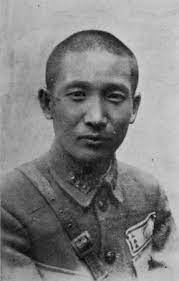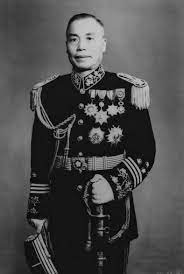Chu P'ei-te (29 October 1888-17 February 1937), Nationalist military officer. He was commander of the Third Army during the Northern Expedition in 1926-27 and governor of Kiangsi in 1927-29. Later, he served as chief of general staff, director general of military training, and director of the administrative office of the Military Affairs Commission. Yenhsing hsien, […]








